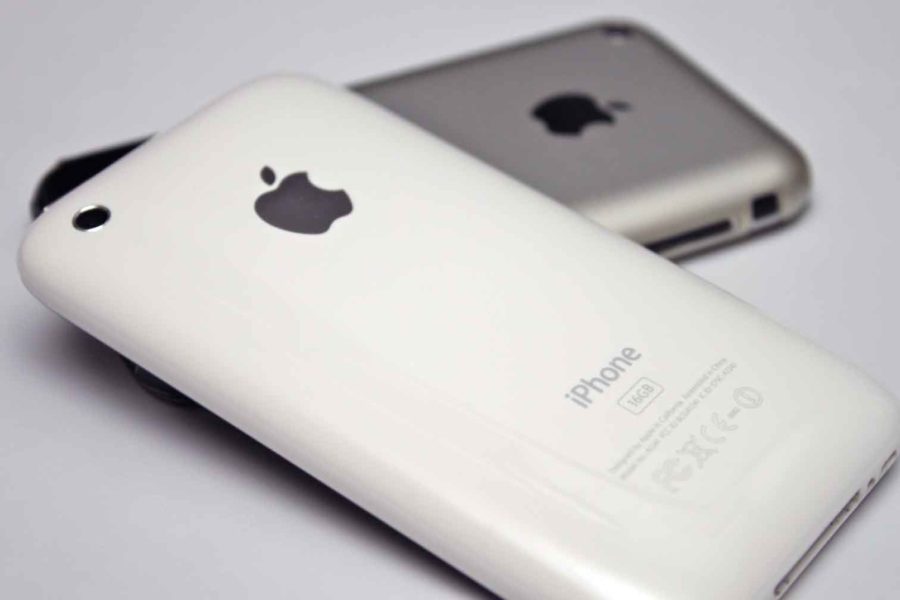Technology is making us less informed and less thoughtful
August 15, 2017
As we all get ready to start new academic years, I’m reminded of how radically technology has changed us and our ideas about education.
I vividly recall relishing the idea of a communications revolution as my collegiate teaching career began in the 1980s. Technologies would merge, leading to easy acquisition of knowledge, entertainment, news and interpersonal dialogue. The internet was still a pipe dream.
Thirty years later, the changes are beyond my wildest imaginings but they have come at a steep cost. Information is instantaneous, but I believe it is actually making us less informed, and certainly less thoughtful and introspective.
Advertisement
Today’s college students know trivial facts about many things, but little substantive information about any one thing, except perhaps sports and a favorite binge-watched TV series. Technology is preparing them for jobs, but is it preparing them for life?
Several years ago, both USA Today and The New York Times started delivering free papers to college students, hoping to lure their readership. Students rarely picked them up. They were a chore. It didn’t get any better when stories went online. Students were much more taken with texting than reading current events.
Today, many are aware of news headlines, but their knowledge is shallow. Reading just a headline and the first sentences of a story provides little chance for contextualizing the news or understanding its significance. Academically, students no longer feel the need to read materials prior to coming to class. They assume they can Google anything they really need to know.
Students aren’t the only ones reading less. We all are. Try reading a full-size article on a cellphone, and you’ll likely end up with a headache. Texts are short and to the point. So are tweets. Few of us have the patience to read full articles.
We are more likely to watch the latest cute-kitten video on YouTube than read an extensive article on politics, religion or even sex. Consider the last time you read a full novel. If you did so recently, you are in the minority. A National Endowment for the Arts study released last year found that U.S. adults who read any work of literature in the previous year plummeted from 57 percent in 1982 to 43 percent in 2015.
This is not a utopian world of information. Instead, we have become a nation of one-liners. No wonder politicians speak in sound bites, or our commander in chief prefers tweets. We lack an appetite for much else. Sound bites and tweets are not designed for comprehension, analysis, synthesis and evaluation. They appeal to raw emotion. We need critical thinking to really understand an issue, how movements grow and how legislation is passed.
Technology has made getting bits of information so easy that the big picture is lost. A case in point: Most of us now rely on GPS devices in our smartphones for simple navigation. We fail to learn even the most rudimentary knowledge of neighborhoods, much less understand where main thoroughfares are in relation to a street two blocks away. We count on our phones to navigate passageways on the road and in our lives.
Advertisement*
As I’ve discovered in researching my soon-to-be-released documentary, “Cellular Aftershocks,” we have not only become myopic in our understanding of the world, but we have also become ignorant and less able to communicate with one another on a meaningful basis.
We can post something on Facebook about an idea that pops into our heads, but are we able to say much more? We lament a do-nothing Congress, but do we understand the complexities of passing meaningful legislation? Do we have the patience to sit through a sermon that is more than 12 minutes long? Do we abandon a meaningful discussion with our spouse if a cellphone rings? Can we teach our children restaurant manners when they are already trained to use video devices to stay quiet?
We need to detach a bit from the false promises of a technologically savvy world. Try going a couple of hours without your phone. Read a novel. Walk in the woods. Turn off your technology and talk to your spouse. We must have the strength to take charge of our lives. The future lies in our hands, cellphone or not.
___
(c)2017 The Philadelphia Inquirer
Visit The Philadelphia Inquirer at www.philly.com
Distributed by Tribune Content Agency, LLC.
Advertisement










